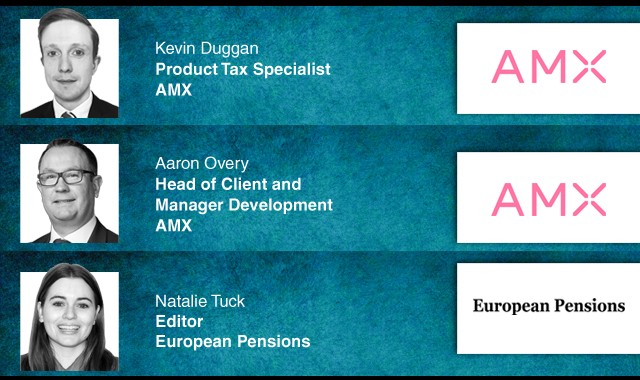Swedes born in the 90s must save over twice as much as those born in the 60s if they want to retire on 80 per cent of final salary, according to research by pension company Skandia.
According to the report On the road to retirement (På väg mot pension), a civil engineer born in the 1990s must save more than SEK 2m more in pensions in order to get to the same level as an employee born in the 1960s, while a care worker would need to save twice as much as its older colleague.
The main reason, according to Skandia pension economist Mattias Munter is that young people enter the work force later. Furthermore, he said a general assumption to draw is that the longer someone has left before retirement, the more responsibility they need to take for their own pensions.
The research showed that a civil engineer born in the 1960s is expected to receive a pension corresponding to 68 per cent of the final salary. The same civil engineer born in the 1990s can count on a compensation of only 53 per cent of the final salary, while the forecast for the 00s shows a continued decline to 51 per cent of the final salary. Without occupational pension, the figure falls to 40 percent of the final salary.
Munter said: “Receiving the equivalent of half the salary in retirement can of course mean that you are forced to make major lifestyle changes. Occupational pensions are therefore the most important work benefit you can have, and almost a must because the general level of pensions is falling.
“My best advice for the younger generations – make sure that your employer pays for your occupational pension or save the equivalent on your own if you are self-employed. You could also supplement this with your own savings.”
The report also showed that employees without occupational pensions must save very large sums during their professional life – someone born in the 60s who has not been part of an occupational pension scheme must to save over SEK 4m in order to reach 80 per cent of final salary in retirement. A 90s person must save close to SEK 5m.
“Public pension will be low and occupational pensions will therefore increase in importance for future pensioners. Occupational pensions seen over an entire professional life is worth millions, even for someone with a lower income, and saving entirely on their own is almost unthinkable,” Munter explained.
“At the same time, we do see that for those who have occupational pensions, saving on their own for retirement is becoming increasingly important. Not least for those late to establish themselves in the work force.”
Munter said the first thing to think about when starting a first job might not be pensions, however, with a long savings horizon, it could make a big difference.
“The most important thing is to start saving – and the sooner you do, the greater the chance is that the money grows and puts a silver lining on life as a pensioner.”
Latest News
-
PensionsEurope calls for cost assessment in relation to IORP II review
-
Risks in EU financial system ‘remain elevated’ – ESAs
-
Over 10% of UK DC savings invested in US tech giants
-
Finland’s Varma sees investments hit €60bn
-
Finland’s Veritas makes 3.7% return in Q1 2024
-
Keva reports 3.7% return for Q1 2024
Podcast: The benefits of private equity in pension fund portfolios

The outbreak of the Covid-19 pandemic, in which stock markets have seen increased volatility, combined with global low interest rates has led to alternative asset classes rising in popularity. Private equity is one of the top runners in this category, and for good reason.
In this podcast, Munich Private Equity Partners Managing Director, Christopher Bär, chats to European Pensions Editor, Natalie Tuck, about the benefits private equity investments can bring to pension fund portfolios and the best approach to take.
In this podcast, Munich Private Equity Partners Managing Director, Christopher Bär, chats to European Pensions Editor, Natalie Tuck, about the benefits private equity investments can bring to pension fund portfolios and the best approach to take.
Podcast - The power of three: Using Common Contractual Funds to improve tax outcomes for investors

Large asset owners are still investing in equities in a way where they are taxed on their income. The implication is that they get a poorer return. They need to, and can, improve this, but how?
In this podcast, AMX Head of Client and Manager Development, Aaron Overy, and AMX Product Tax Specialist, Kevin Duggan, discuss with European Pensions Editor, Natalie Tuck, about three options to help ensure good withholding tax outcomes for institutional investors.
In this podcast, AMX Head of Client and Manager Development, Aaron Overy, and AMX Product Tax Specialist, Kevin Duggan, discuss with European Pensions Editor, Natalie Tuck, about three options to help ensure good withholding tax outcomes for institutional investors.
Mitigating risk
BNP Paribas Asset Management’s head of pension solutions, Julien Halfon, discusses equity hedging with Laura Blows
© 2019 Perspective Publishing Privacy & Cookies









Recent Stories